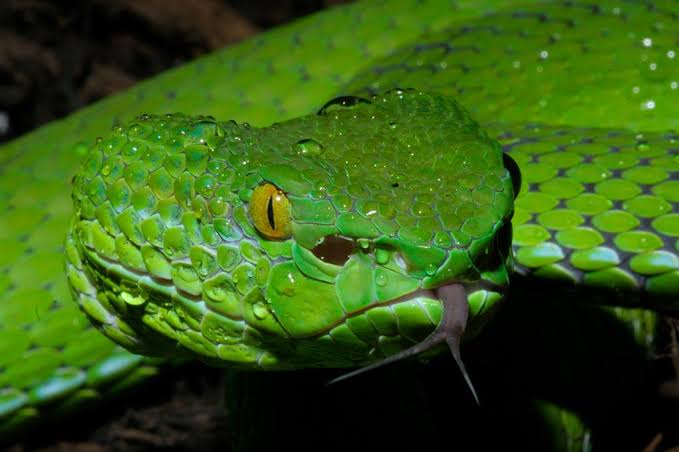The Toxicological Society of Nigeria has called on the Federal Government to provide more funding for snakebite control. The group revealed that Nigeria records about 43,000 snakebite cases and 1,900 deaths every year.
At the end of its 2nd Annual General Meeting on Snakebite Management and Research Interventions, held from September 14–17, 2025 at Gombe State University, the Society described snakebite as a neglected public health emergency.
The communiqué, signed by Dr. Mustapha Shehu-Muhammad, stated that the meeting brought together over 1,000 participants, including policymakers, doctors, researchers, traditional leaders and students. The event featured 34 scientific papers and two plenary presentations, and also included a courtesy visit to the Snakebite Treatment and Research Hospital in Kaltungo.
“Snakebites still cause unnecessary deaths, amputations, kidney failure and disability in poor communities. Without urgent action, the suffering will continue,” the communiqué warned.
Delivering the keynote, Prof. Abdulrazak Habib stressed the need for Nigeria to reduce dependence on foreign anti-venoms. He said government must either develop local production or partner with the private sector to build capacity. “This is the only way to cut the health and economic burden of snakebite in Nigeria,” he said.
The Society expressed worry that children make up nearly one-third of victims, many of whom live with lifelong disability if they survive. It also noted that the carpet viper (Echis ocellatus) is responsible for more than two-thirds of bites and is the leading cause of snakebite deaths.
The communiqué also lamented that facilities at the Kaltungo hospital are overstretched and outdated, even though it serves patients not only from Gombe but also from neighboring states, Cameroon and Chad. It urged both Federal and Gombe State Governments to upgrade the hospital into a National Snakebite Hospital with better facilities, including pediatric care, eye care, dialysis and telemedicine.
The Society further demanded the creation of a National Centre of Excellence for Venom, Anti-Venom and Natural Toxins Research in Gombe State. According to the communiqué, Nigeria cannot continue to depend on imported anti-venoms that are expensive and not always effective. A local centre would put Nigeria in a leading position in Africa for research and anti-venom production.
On funding, the communiqué advised the Gombe State Government to dedicate at least one percent of its internal revenue to snakebite response. It explained that many victims cannot afford anti-venom, and sustainable financing—through health insurance and donor support—is crucial.
The Society also called for training of medical and health science students in toxicology, adding that snakebite management should be included in the curriculum. The Vice Chancellor of Gombe State University, Prof. Sani Ahmed Yauta, promised full support. He said the university would work with Kaltungo hospital in teaching, research and rural health postings to strengthen healthcare and evidence-based practice.
Although the Society acknowledged the Federal Government’s recent efforts—such as adding snakebite to the national emergency care programme and buying 5,000 doses of anti-venom—it insisted that more long-term measures are needed.
“Snakebite is preventable and treatable, yet many Nigerians still die or suffer disability due to neglect,” the communiqué declared. It called on government at all levels, philanthropists, NGOs and international partners to act so that Nigeria can achieve the WHO target of halving snakebite deaths and disabilities by 2030.
The AGM also produced new leaders: Dr. Peter O. Yusuf of Ahmadu Bello University, Zaria was elected President, while Dr. Mustapha Shehu-Muhammad of Gombe State University became Secretary General.


